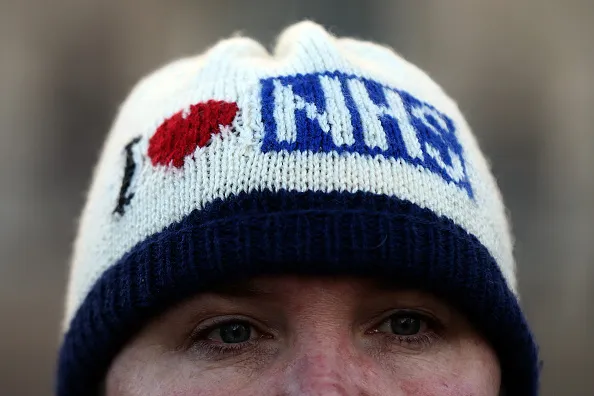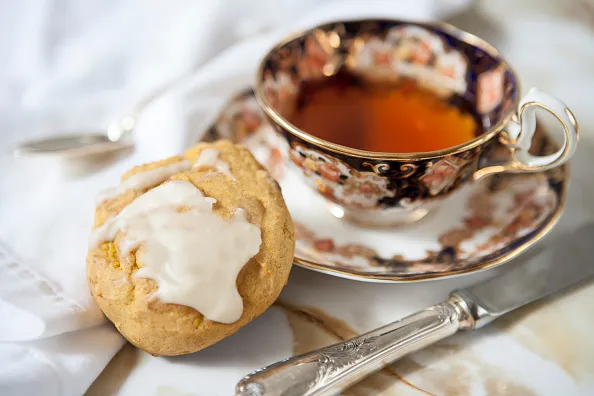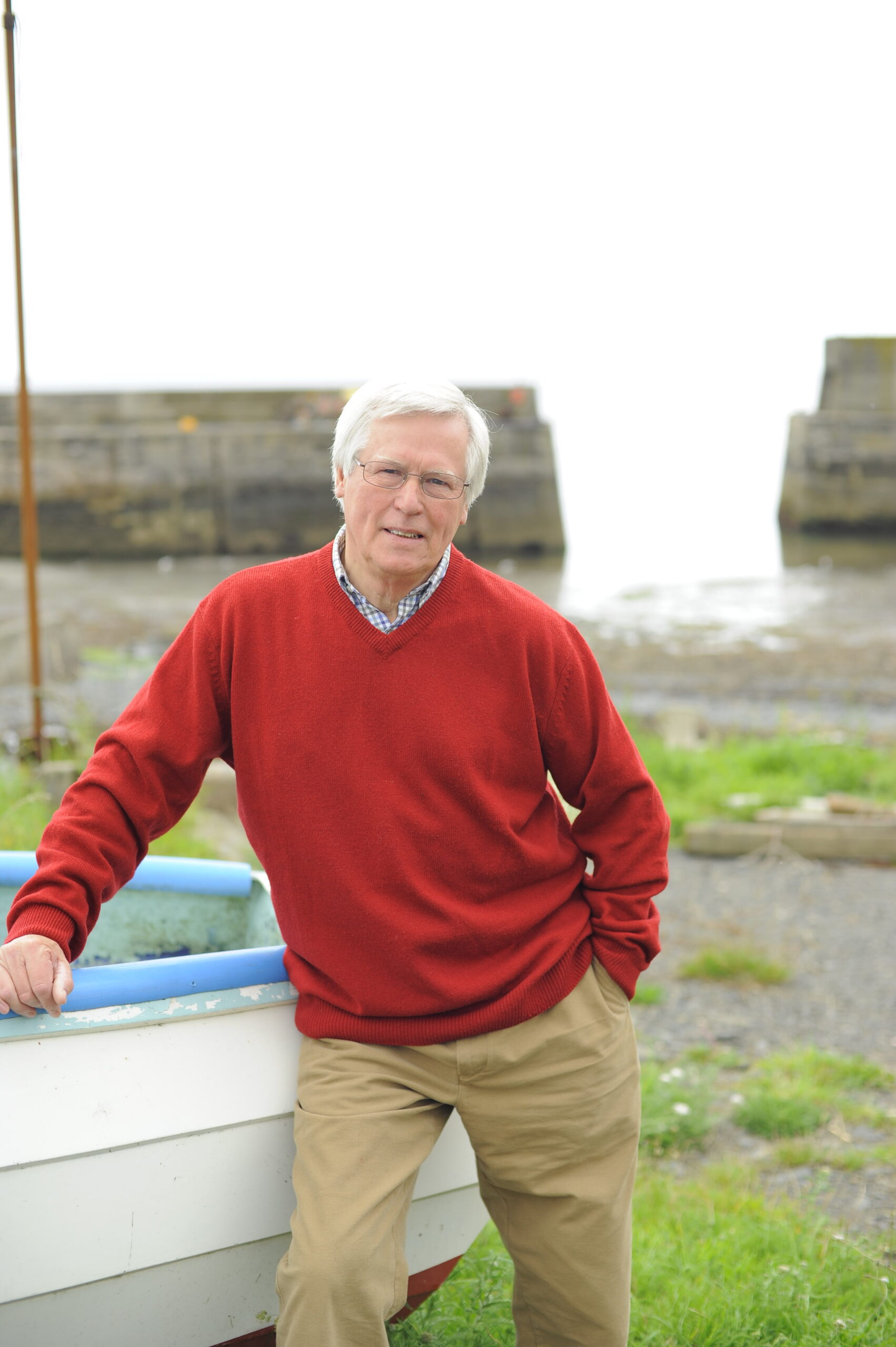Two things that we turn to instinctively when our health, or that of those we know or love, is threatened are the NHS and a nice cup of tea.
So, in a neat twist, scores of independent charities that support the health service are organising fund-raising tea parties across the nation early in July to celebrate its 70th anniversary.

Many will be in rural areas that have been badly affected by cut-backs – but that won’t stop people putting out the teacups, sandwiches, scones and cakes to show gratitude to the doctors and hospital staff who battle on with whatever resources they have – and to the charities that help them. The events, under the banner of the NHS Big 7Tea, will invite those taking part to decide where their money will go – and there are more than 250 charities to choose from.
Backtrack to 5 July 1948, when Labour’s health secretary Aneurin Bevan launched the NHS at a Manchester hospital. For the first time, he said, health care would be free to everyone at the point of delivery and the annual budget (in today’s terms) was £15 billion. The concept is still much the same (though prescription, dental and optical charges now apply) but the cost has rocketed to £143 billion.
Distant cures
The problems facing patients and providers in urban areas are magnified in the countryside because of longer distances to surgeries and hospitals, poorer bus services and fewer cars, an older population and the centralisation of services in towns and cities. Which is why rural NHS charities can bring much comfort. I’ve been looking at the work of just one of them – the Dorset County Hospital Charity in Dorchester.

“Our aim is to provide support above and beyond the NHS budget,” said Rachel Cole, one of its three-strong staff. In the last financial year, it did this thanks to an income of nearly £1m from donations, events and legacies. Its latest mission has been to build a cancer and haematology outpatient’s department for the hospital’s new radiotherapy unit at a cost of £1.75m. Until now, hundreds of patients have had to travel to Poole for treatment, which can involve a round-trip of 100 miles or more. “This takes its toll,” said Rachel. “Sometimes patients are forced to make the difficult decision to refuse radiotherapy treatment entirely as it is too difficult to get there.”
For many, the new centre in Dorchester will be much nearer. The charity has also funded £160,000 to provide more haemodialysis at home, so kidney patients don’t have to spend three days a week in hospital. Said one: “This has been life-changing for me. I’m in charge of my life again.”

Dorchester will be throwing a Big 7Tea party at the hospital and the charity, like others, is urging local businesses and the public to organise their own parties with friends, at work, or in the local community centre
or village hall.
I’ll certainly be raising a cuppa to the NHS on its big day because over the years the Craven family have been regular ‘customers’, from routine visits to the doctor to minor emergencies and major operations. The system is far from perfect and every day it makes headlines, often negative ones, but where would we be without it?
For more information on how you can hold a tea party, go to www.nhsbig7tea.co.uk
Main image © Getty

